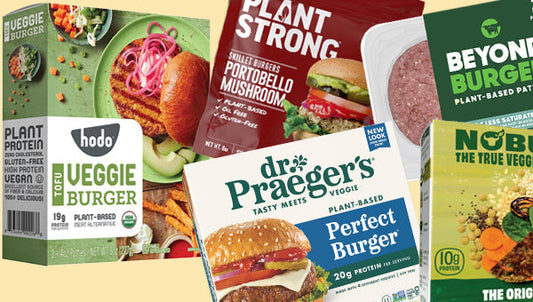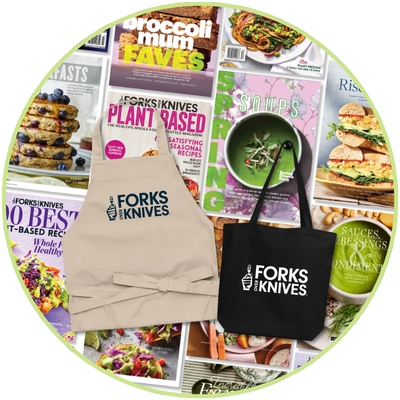The #1 Resource for Whole-Food, Plant-Based Living

NEW from Forks Over Knives:
Mastering Plant-Based Cooking Course
Featuring 100+ lessons, 50+ new recipes, downloadable support tools, and more!
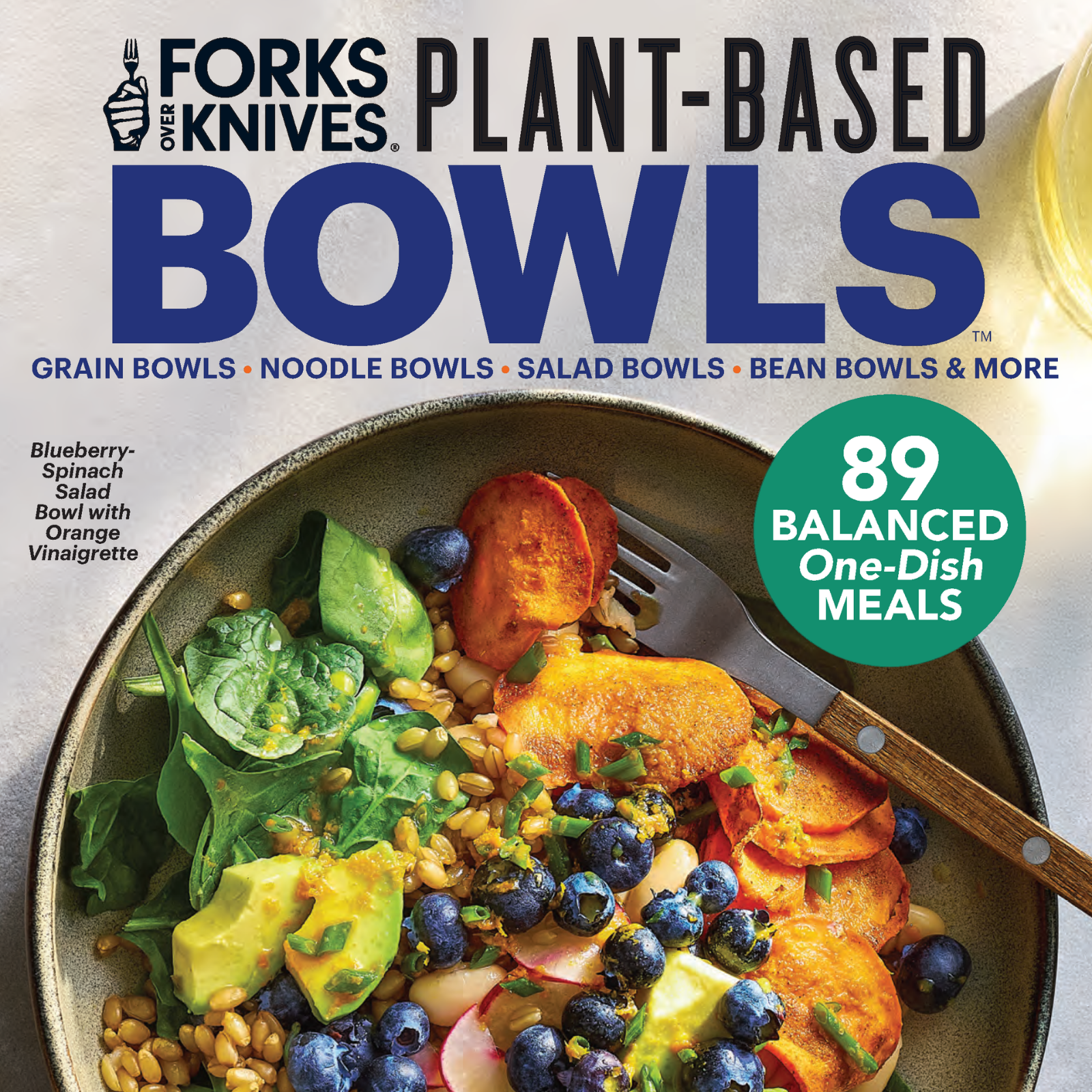
NEW SPECIAL ISSUE: PLANT-BASED BOWLS
All of our favorite meals in bowls in one special issue of Forks Over Knives magazine.
Your Tools for a Healthier Life
Everything you need to plan, cook, and enjoy whole-food, plant-based meals.
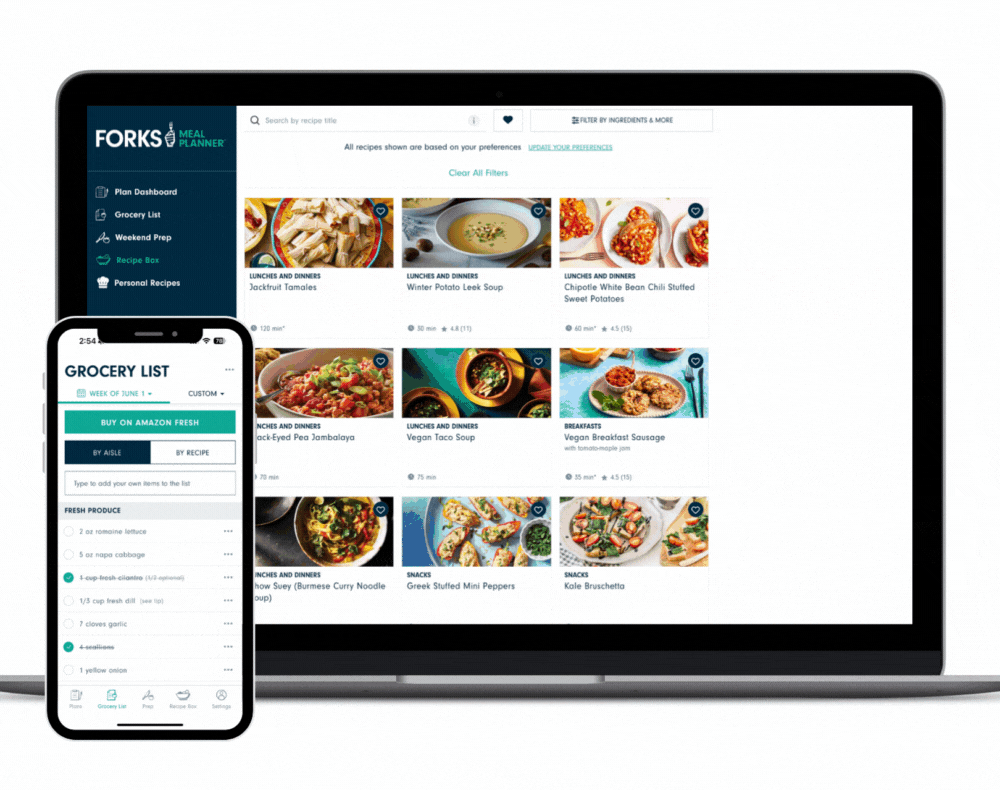
FORKS OVER KNIVES MEAL PLANNER
A Better Way to Shop, Cook & Eat
What You'll Get:
Weekly Curated Meal Plans
And access to 3000+ WFPB recipes
Automated Shopping & Prep Lists
Save time & money from shopping to cooking
Easy Customization and Personalization Settings
Set your meals, servings, and intolerances to suit your needs
Trending Now On Forks Over Knives
Eat Better, Live Healthier
Learn how plant-based eating helps with inflammation, diabetes, heart disease, and more.
-

Heart Health
-

Weight Loss
-

Inflammation & Gut Health
-

Diabetes & Blood Sugar
Find Your Next Favorite Recipe
From quick weeknight meals to indulgent plant-based desserts, we’ve got you covered.
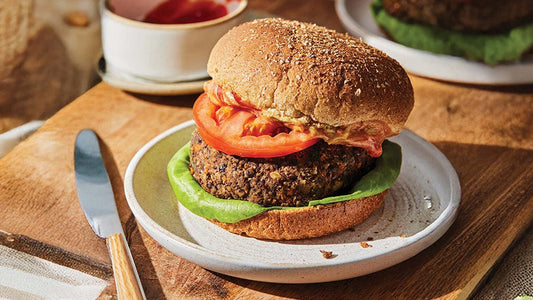
Vegan Burgers & Wraps
23 of Our Favorite Veggie Burger Recipes
Vegan Burgers & Wraps
23 of Our Favorite Veggie Burger Recipes
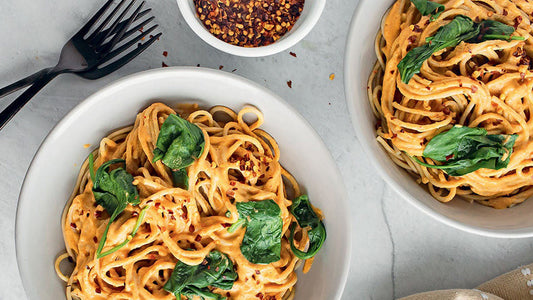
Pasta & Noodles
Harissa Almond Pasta with Spinach
Pasta & Noodles
Harissa Almond Pasta with Spinach
Real Stories, Real Results
See how Forks Over Knives has helped thousands transform their health.

Over the last year, I’ve lost more than 60 pounds. The benefits go deeper than the weight loss.
–Evon Dennis
The Forks Over Knives Movie
Discover how whole-food, plant-based eating can transform health, backed by science and real stories.
Join Our Mailing List
Get delicious recipes, expert health advice, culinary tips and special offers from Forks Over Knives and our curated partners.
By providing your email address, you consent to receive newsletter emails from Forks Over Knives. We value your privacy and will keep your email address safe. You may unsubscribe from our emails at any time.


